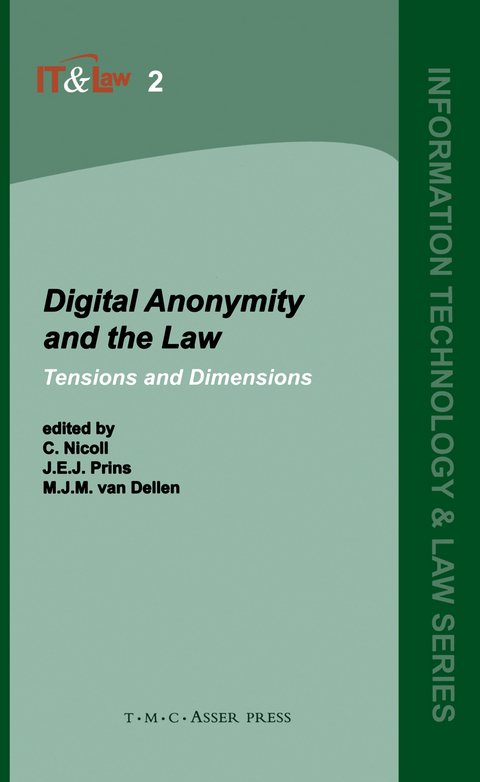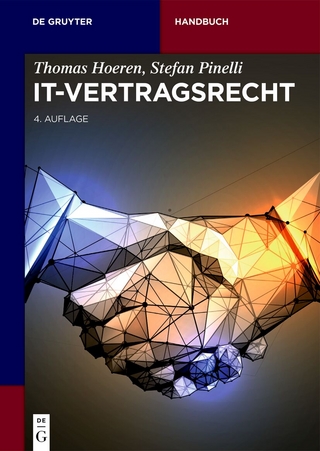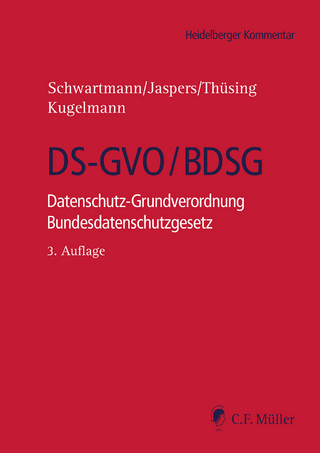
Digital Anonymity and the Law
T.M.C. Asser Press (Verlag)
978-90-6704-156-0 (ISBN)
- Titel z.Zt. nicht lieferbar
- Versandkostenfrei
- Auch auf Rechnung
- Artikel merken
The right to anonymous exchange of information and communication is in an odd state of paradox and flux. While the formal legal protection of this right appears at an all-time high, developments in both the public and private sector show a growing number of legal and especially technical means to undermine anonymity. Also, it is still difficult to oversee the exact implications of the new political climate introduced after the 2001 terrorist attack on the World Trade Center. Nevertheless, anonymity is still considered to be a cornerstone of our democratic society.
With the advent of cyberspace, the means of and the opportunities for anonymous communications have changed radically. Thus, the new environment has also fuelled the dialogue on the beliefs and values behind anonymous communication. Debates rage about how, by whom, and to what extent cyberspace anonymity should be controlled. This book aims to gain a further insight into and an understandingof the concept of anonymity. The authors of the various chapters in this book discuss technological developments and subsequently analyse anonymity from various different angles, interests, responsibilities and developments. Thus it includes US and European court-sanctioned procedures to reveal identity, privacy interests, the right to anonymous speech, implications of the Council of Europe’s Cybercrime Convention, European data protection and data retention provisions, consumer protection and the private law implications of anonymous transactions by means of the Internet.
The Information Technology & Law Series is an initiative of ITeR, the National Programme for Information Technology and Law, which is a research programme set up by the Dutch government and the Netherlands Organisation for Scientific Research (NWO) in The Hague. The Series deals with the implications of information technology for legal systems and institutions.
Chris Nicoll, Barrister (New Zealand), Solicitor (UK and New Zealand). J. E. J. (Corien) Prins, Professor of Law and Informatization, Tilburg University, The Netherlands. Miriam J. M. van Dellen, Ph.D. student, Centre for Law and Public Administration, Tilburg University, The Netherlands.
Anonymity and the Law, Some Introductory Remarks.- Anonymity and the Law, Some Introductory Remarks.- I.- Anonymity in the Balance.- The Case of Anonymity in Western Political Philosophy Benjamin Constant’s Refutation of Republican and Utilitarian Arguments Against Anonymity.- Concealing and Revealing Identity on the Internet.- A Case Study: The Janus Project.- Market Solutions to Privacy Problems?.- II.- Anonymising Personal Data under European Law.- Enforcement Issues — Mandatory Retention of Traffic Data in the EU: Possible Impact on Privacy and On-Line Anonymity.- Anonymity, the Internet and Criminal Law Issues.- Anonymity, Consumers and the Internet: Where Everyone Knows You’re a Dog.- New Rules for Anonymous Electronic Transactions? An Exploration of the Private Law Implications of Digital Anonymity.- Court Assisted Means of Revealing Identity on the Internet.- Anonymity: Challenges for Politics and Law.
| Reihe/Serie | Information Technology and Law Series ; 2 | Information Technology and Law Series ; 2 |
|---|---|
| Zusatzinfo | XIV, 307 p. |
| Verlagsort | The Hague |
| Sprache | englisch |
| Maße | 155 x 235 mm |
| Themenwelt | Recht / Steuern ► EU / Internationales Recht |
| Recht / Steuern ► Öffentliches Recht | |
| Recht / Steuern ► Privatrecht / Bürgerliches Recht ► IT-Recht | |
| Recht / Steuern ► Privatrecht / Bürgerliches Recht ► Medienrecht | |
| ISBN-10 | 90-6704-156-4 / 9067041564 |
| ISBN-13 | 978-90-6704-156-0 / 9789067041560 |
| Zustand | Neuware |
| Haben Sie eine Frage zum Produkt? |
aus dem Bereich


